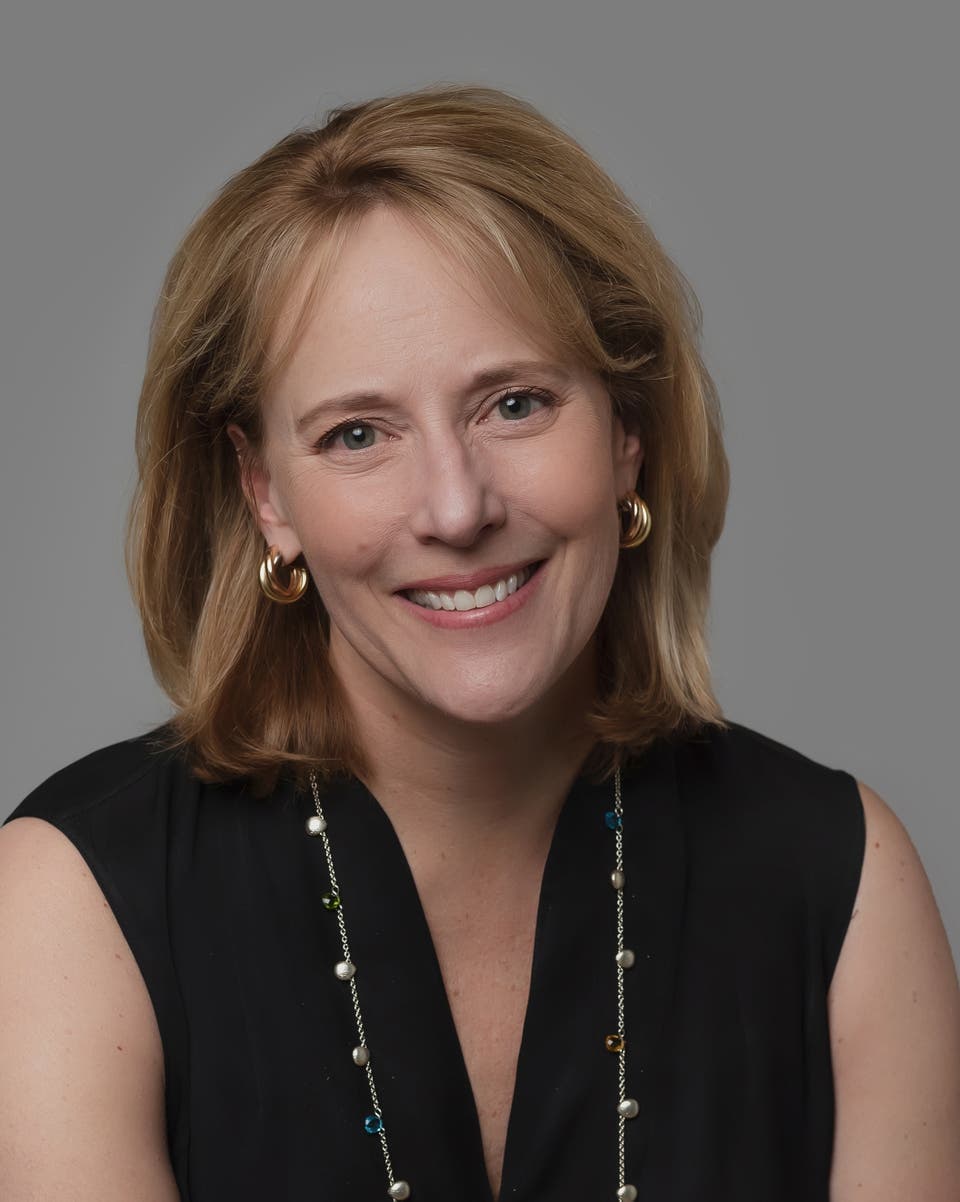Ahead of Cannes Lions Live 2021, we spoke to Jacki Kelley, CEO, Americas at dentsu international, and Juror, Titanium Lions, about what she's looking forward to seeing from entries to the Titanium category and the festival as a whole.
What makes the Titanium category so unique and highly revered?
I remember when the Titanium award was created and at the time Dan Wieden said that it had to point to a new North Star. It had to begin to define for the industry the most important work and show a way forward.
As we’ve come together as a jury, we’ve talked a lot about “does that still hold?” and “what do we want to add to that?” When we say the work has to be important, what does the work have to define and deliver? We’ve talked a lot about the fact that it has to change the business in a fundamental way and it has to change the industry.
It has to signal for us a new way and a different way of thinking. So, it’s a pretty high bar. The entries in this category should be the best work that we collectively aspire to.
What are the main themes coming through in the work that you’ve seen?
We’re judging two years of work, so we’ve got 2019 and 2020 within the collective slate that we’re looking at. The consistent themes are around equity and inclusion, unity and the enablement of technology and data to really make the work sing.
You definitely see, especially in 2020, that the work is signalling the importance of what was happening across the globe and how people were coming together to solve significant health, societal and economic problems. You also see equity reflected in the work and the importance of equity, the importance of inclusion and the value of diversity. You see that in many aspects of the work.
And lastly, there are a lot of really smart uses of technology and data. There are so many cases where it really lights up your mind in terms of what is possible and some of it is really simple.
What is your favourite Cannes Lions moment from previous years?
I go back to being a student of the industry and really diving into the work. My first year of going to Cannes was 1999, so I have been going to Cannes for many years and I always share with people that back in 1999, Cannes was a creative show. It had maybe a quarter of the people it has today and was a much smaller show and much more focused on the creative output of our industry.
Back then, we spent all of our time in the Palais. We walked the floor, we walked the walls, we looked at the work, we debated the work in the hallways, we attended the press conferences where the jury was talking about the work and then we went to the Palais and sat through session after session of our peers in the industry and their brilliant thought leadership.
So, I always encourage people to do Cannes that way. Actually use it to become smarter, to become a better student of the industry and to learn from people around the globe and how different markets and countries are bringing the work forward.
It is such an opportunity to luxuriate in the craft that is advertising and marketing but you have to apply yourself. You have to choose to really take it on that way.
What are your hopes for the future of Cannes Lions?
My hope for the future of the festival is that it continues to be the crucible of education and a celebration of the best work in our industry, and that we continue to have a really high bar for what we collectively enter.
I hope that we as juries continue to debate and push that best work forward and as an industry it continues to propel us and educate us all on how we support clients in the businesses that they’re driving and do it with ideas, tech and data in a way that is really powerful.

